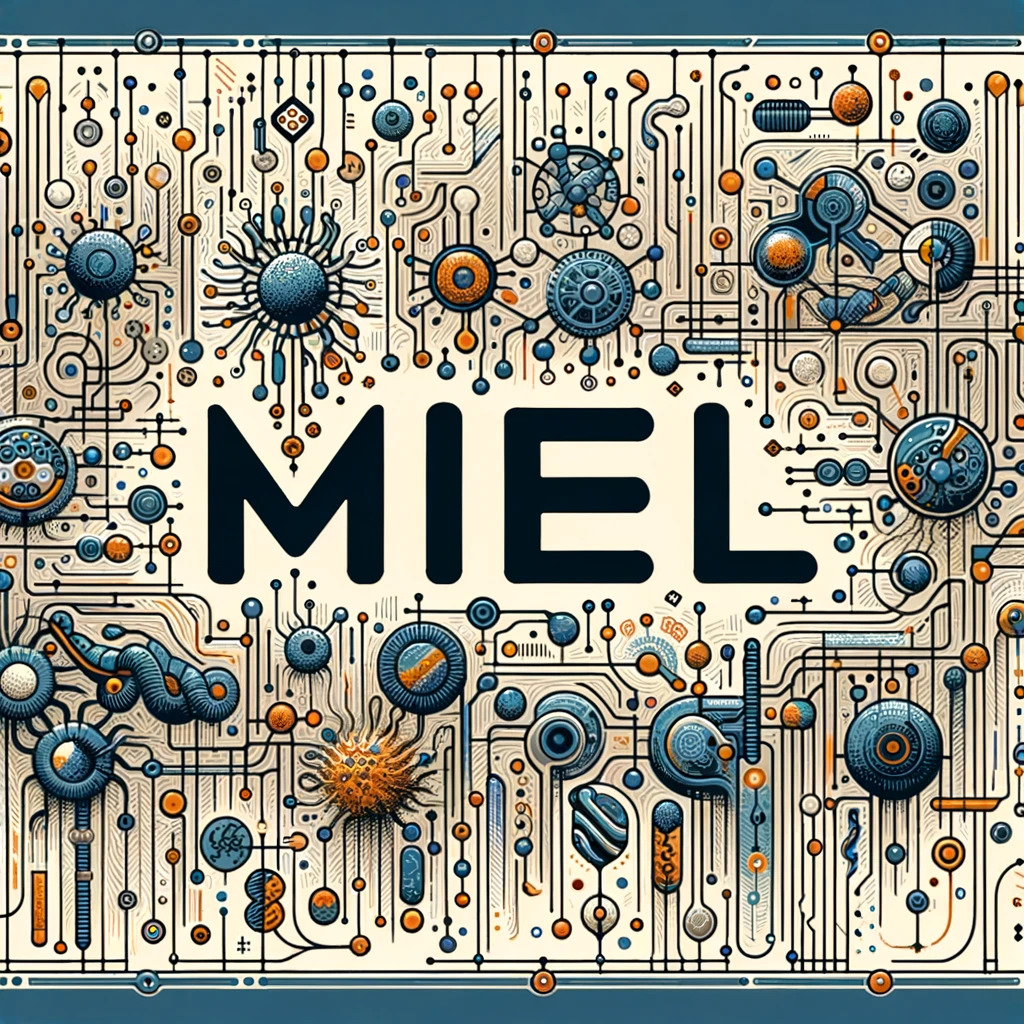Navigation auf uzh.ch
Navigation auf uzh.ch

The Microbial Evogenomics Lab (MiEL) at the University of Zurich, led by Dr. Adrian-Stefan Andrei, is a dynamic group combining computational biology with environmental microbiome research. Our lab leverages cutting-edge omics technologies and advanced bioinformatics to study the evolutionary and ecological aspects shaping microbial diversity. Using environmentally-derived sequencing data, we aim to unravel the intricate eco-evolutionary dynamics influencing microbial diversity in aquatic ecosystems.
Our lab's expertise encompasses computational microbiome analyses, genome-resolved metagenomics, metaproteomics, phylogenomics, genome-inferred metabolic reconstructions, and bioinformatics.
Project Partner in SNSF Project Grant No. 10000877: "Trait frequencies and the transition from stochasticity to functional predictability in freshwater bacterial communities" (Duration: 01.04.2024 - 31.03.2028). Grant awarded to Prof. Jakob Pernthaler.
SERI Leading House Asia Grant No. RPG 072023_2: "Exploring the Resilience and Adaptation of Aquatic Microbiomes to Global Warming" (Duration: 01.02.2024 - 31.12.2024).
SNSF Ambizione Grant No. 193240: "Retracing the Evolutionary History of Mitochondria Through Environmental Evogenomics" (Duration: 01.01.2021 - 31.12.2024).
Lucas Serra Moncadas, Ph.D. Candidate
Intrigued by eco-evolutionary biology, my interest lies in unravelling the many different processes responsible for genome reduction in aquatic bacteria as well as retracing the mitochondrial evolutionary history and diversification. To address these questions, I employ genome-resolved metagenomics techniques, allowing a detailed exploration of microbial communities and the dynamics of their genomic architectures.
Cyrill Hofer, Ph.D. Candidate (Co-supervised with Prof. Jakob Pernthaler)
In my current research, I am dedicated to generating and analyzing extensive sequencing datasets which are obtained through sequencing of DNA and proteins derived from Lake Zurich microbiomes. The primary objective of my study is to explore the functional characteristics of elusive, yet uncultured bacteria, during lake blooming events. I aim to develop an integrative multi-omics workflow, designed to correlate the genomic potential of these bacteria with their physiological attributes over varying temporal dimensions. This endeavor involves generating environmentally-derived high-quality genomes through the usage of advanced hybrid metagenomics approaches. My goal is to construct sample and species-specific proteomics databases to associate distinct bacteria with their respective in situ functionalities.
Alisa Shakurova, Ph.D. Candidate (Co-supervised with Prof. Jakob Pernthaler)
Fascinated by the diversity and ubiquity of bacteria, in my doctoral project, I'm delving into the world of microbial ecology with a focus on Nomurabacteria. Nomurabacteria is a mysterious taxonomic group within the Candidate Phyla Radiation (CPR) found in freshwater ecosystems, which have so far eluded cultivation. However, I'm determined to shed light on their ecological roles and life strategies by using cultivation-free sequencing techniques and long-term monitoring data from Lake Zurich microbiomes, along with implementing new cultivation strategies. I am also interested in uncovering their physiology and understanding how their genome evolved to be considered notably small, even within the bacterial world.
Dale Hager, Master's Candidate
I am interested in the usage of metagenomic data in both assessing the state of ecological systems and filling phylogenetic holes in the tree of life. My work aims to expand our knowledge of the eukaryotic diversity in the microbial realm and to develop streamlined and scalable methods for assessing microbial eukaryotic diversity in freshwater ecosystems. In the scope of my Master's thesis, I am comparing different sequencing techniques in their ability to retrieve mitochondrial genomes from Lake Zurich.